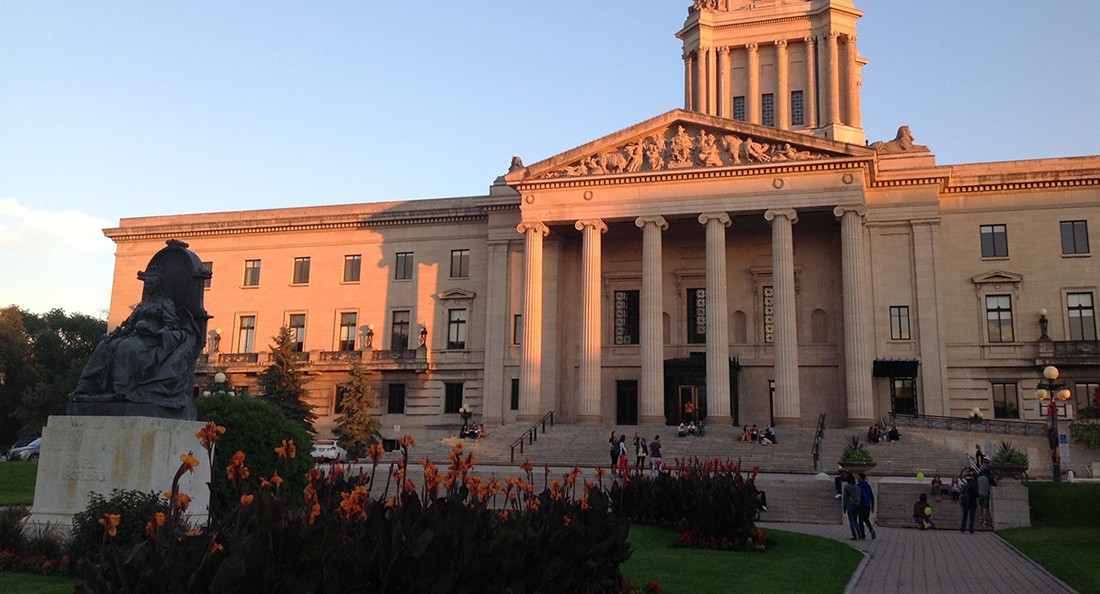Reaching a political balance
Equal Voice Manitoba prepares women for upcoming elections
Male politicians currently outnumber female politicians in the Manitoba legislature 43 to 14. Equal Voice Manitoba (EVM) wants to change that by getting more women involved in politics, which could improve representation in local government.
“If 51 per cent of the population isn’t represented by the groups of people making decisions that affect everyone, it means unique and important perspectives are missing,” Kiersten McDonald, co-chair of EVM says.
The Equal Voice organization and all of its chapters work to elect women at all levels of government in Canada. The Manitoban chapter of Equal Voice opened in 2016.
McDonald says the chapter is the result of the collaboration between three former Manitoban politicians: Anita Neville, Judy Wasylycia-Leis and Dorothy Dobbie.
Neville served for a decade in the House of Commons for the Liberal Party and represented women in several portfolios, such as the Status of Women.
When former MLA and MP Wasylycia-Leis was a New Democratic Party candidate, she was told by others that she could not defeat the incumbent, male counterpart Donald Malinowski. Then she created a movement of supporters for her bid as a female candidate, which eventually led him to drop out of the race.
Dobbie, under the Progressive Conservative Party in the House of Commons until 1993, served on committees whose recommendations formed the Charlottetown Accord, an attempt to integrate Quebec into Canada.
Together, these three formed a multi-partisan organization in Manitoba representing NDP, Liberal and Conservative views in society, while inspiring other women and future generations to be involved in politics.
Delaney Coelho, co-chair of EVM, looks to her niece for inspiration and to remind her of her goals.
“My hope for her generation is that seeing equal representation in our elected officials (and leadership positions) is the social and cultural norm,” Coelho says. “I want her to think anything is open to her, as a woman, and have plenty of role models to look up to and examples to follow. I also want the men and boys of her generation to think (equal representation is) the norm.”
Through the electoral process and creation of public policy, governments are able to structure and define the ongoings of central institutions of a nation by modelling them.
“Ideal representation would be one that better reflects our society. That means at least 50 per cent women,” McDonald says.
On Jan. 27, EVM will hold their Municipal Campaign Boot Camp. Their speakers - former and current political figures - will teach participants the art of public speaking, the expectations a candidate can have about the media during campaigns, the requirements to run a campaign, managing finances, organizing the campaign and communication between team members.
During the camp, Jenny Gerbasi, Cindy Gilroy, Janice Lukes and Devi Sharma will be speaking to the participants. The four female city councillors of Winnipeg will discuss their experience as women in politics and will later take questions from guests.
Published in Volume 72, Number 15 of The Uniter (January 25, 2018)








